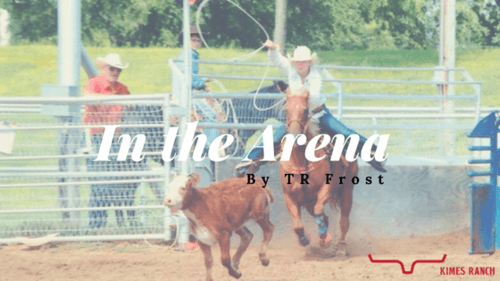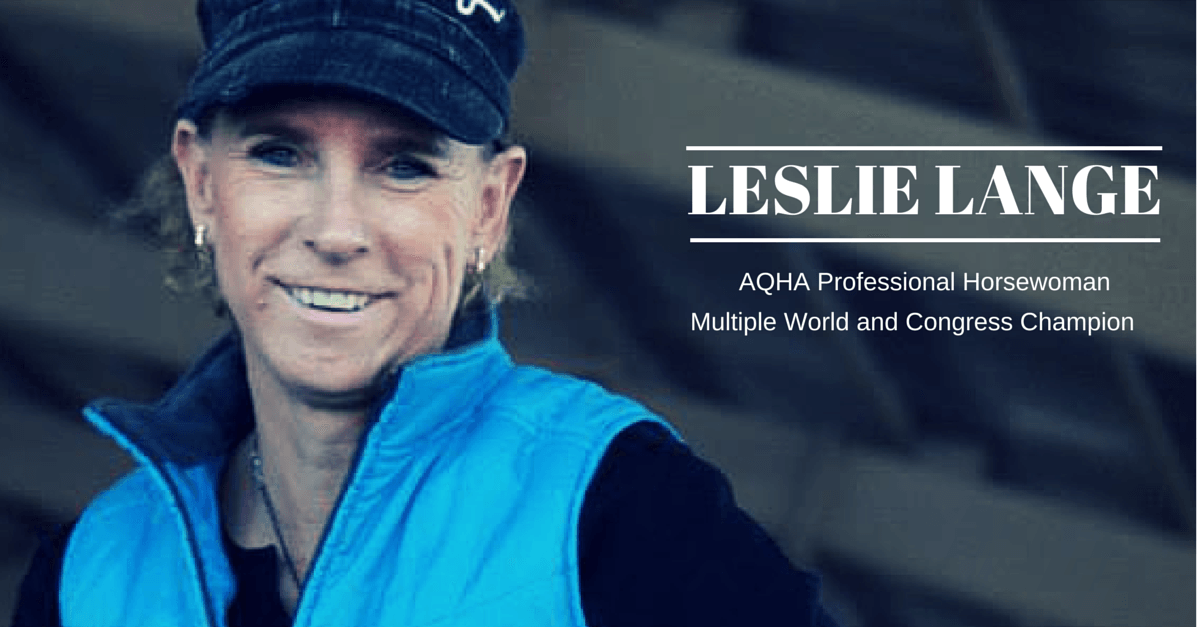

I began rodeoing at an early age as my parents introduced me to the western culture. Both of my parents are veterinarians so horses and cattle have always been present for as long as I can remember. Starting with junior rodeo, rodeo became the weekend hobby that consumed long weekends and was juggled around spring little league and fall football season. As high school came around rodeo took more priority and other sports became secondary. As I became more and more involved with rodeo, it turned from a sport/hobby to desire to turn rodeo into a full-time career. As I experienced success at the high school level I quickly turned my focus towards college rodeo and future PRCA competitions. Throughout the years, people always ask, “What is rodeo?”, “How can you compete professionally at rodeo?” or “Why rodeo?”. And for each question I have had a hundred different answers with all of them sounding similar to some general response. As I sat down to write this blog post, I figured I share a few of my thoughts and lessons learned from the past few years of competing in the PRCA and what rodeo means to me.
First I would describe rodeo as the most unique sport in the world. Rodeo is the ultimate combination of physical and mental strength. Each event in rodeo has a hundred different moving variables that all must come together at the right time in order to be successful. Take calf roping for example, my main event, there is a horse running at 20 miles per hour, a 200-pound calf, a rope, a string, a barrier, a judge, a timer and a roper jumping off his horse. Each time everything must work in perfect unison and assuming everything goes right the run is completed in nine seconds or less. That’s faster than most people can tie their shoes. However, when things don’t go right, it can be utter chaos.
This transitions me to the mental side of rodeo. Rodeo is a very humbling sport. Unlike any other professional sport, with rodeo there is often no coach, travel coordinator, physical trainer, nutritionist, laundry assistant or team driver. These are all taken care of by the rodeo competitor. I quickly learned the importance of mental strength my first year competing on my own in 2015. It was the first time ever competing out of state and I was completely out of my element. To my surprise I won the first rodeo I entered and I felt like my summer run was going to be recorded breaking. This quickly flipped with a series of bad draws, bad runs and a broken truck. Not to mention other rookie mistakes such as entering wrong, getting lost or all night drives on truck stop burritos. This showed me that the for every high there is often an equal and longer lasting low. In the moment, it seems balancing life and competition can be impossible but each time we nod our heads life can turn around. Since then I’ve learned that it is important to have a short memory, focus on the things in your control, set goals and always have a positive attitude. I often remind myself that “L” stands for learning not losing. After each run, I’ve either won or I’ve learned something new that will help me do better on the next run.
Rodeo means much more to me than a sport. Rodeo and the western industry is a way of life that is irreplaceable. As I transition farther into my professional career, I have realized that rodeo is not just a job and an income source. It is something that I love and God has given me a passion for every day. Roping and being in the arena is the most peaceful and stress free environment for me. Competing at college rodeos have not only been a stepping stone for learning how to compete at a new level but has also provided me with a world class education and shown me the importance of hard work and dedication in all avenues of life, not just rodeo. Learning to balance a busy work load from overwhelming engineering classes has helped develop better time management skills that will transition into scheduling a yearlong rodeo and travel schedule. Lastly, rodeo is also a way to pursue my dreams. Unlike other professional sports, rodeo has no tryouts, draft system or age limit. We are all equal in the arena, regardless of our backgrounds, and rodeo allows success to anyone as long as we are willing to work hard and never give up on their goals. In closing, remember that God makes beautiful things out of dust so don’t be afraid to spend those extra hours in the arena riding and roping.
Colton Farquer
March 25, 2017



